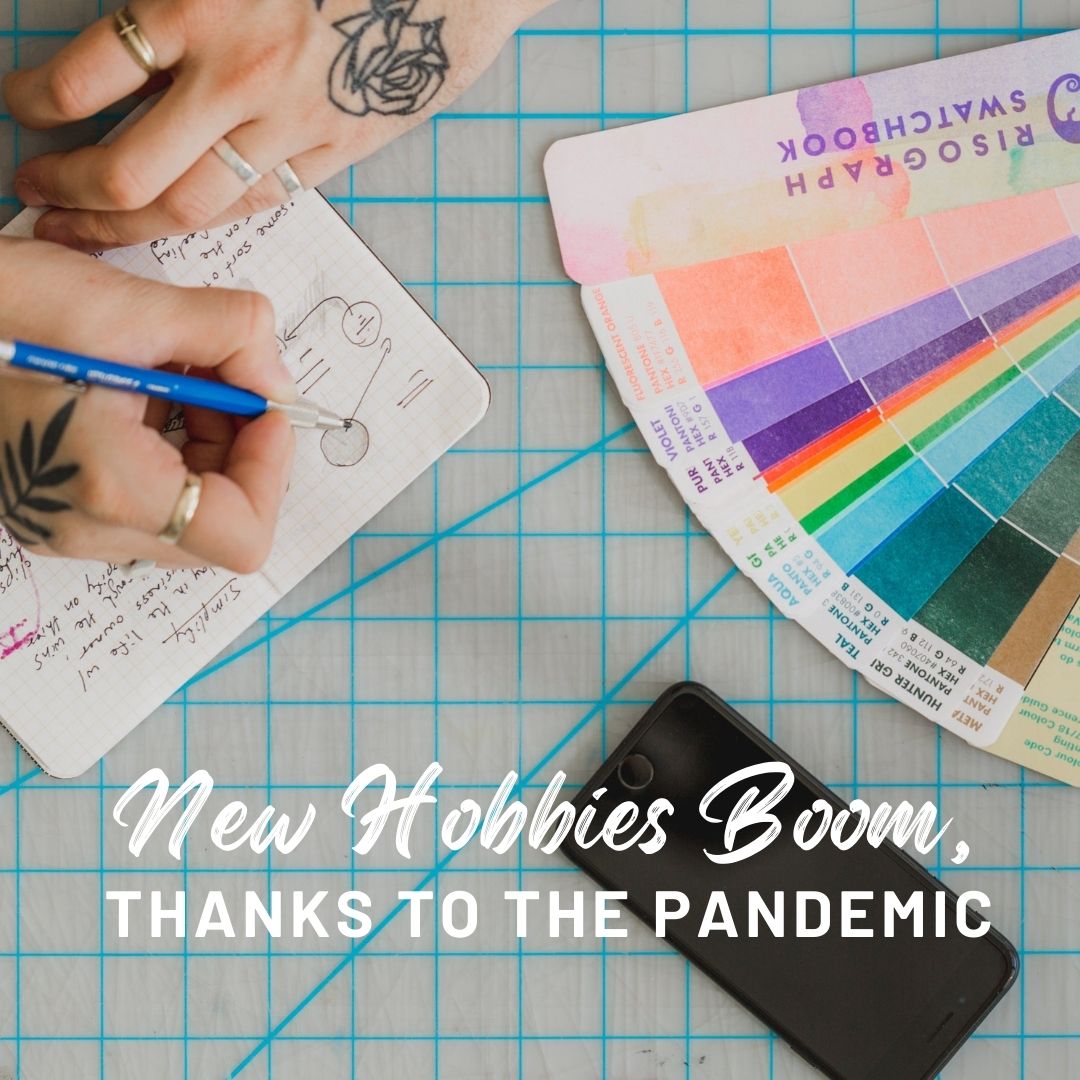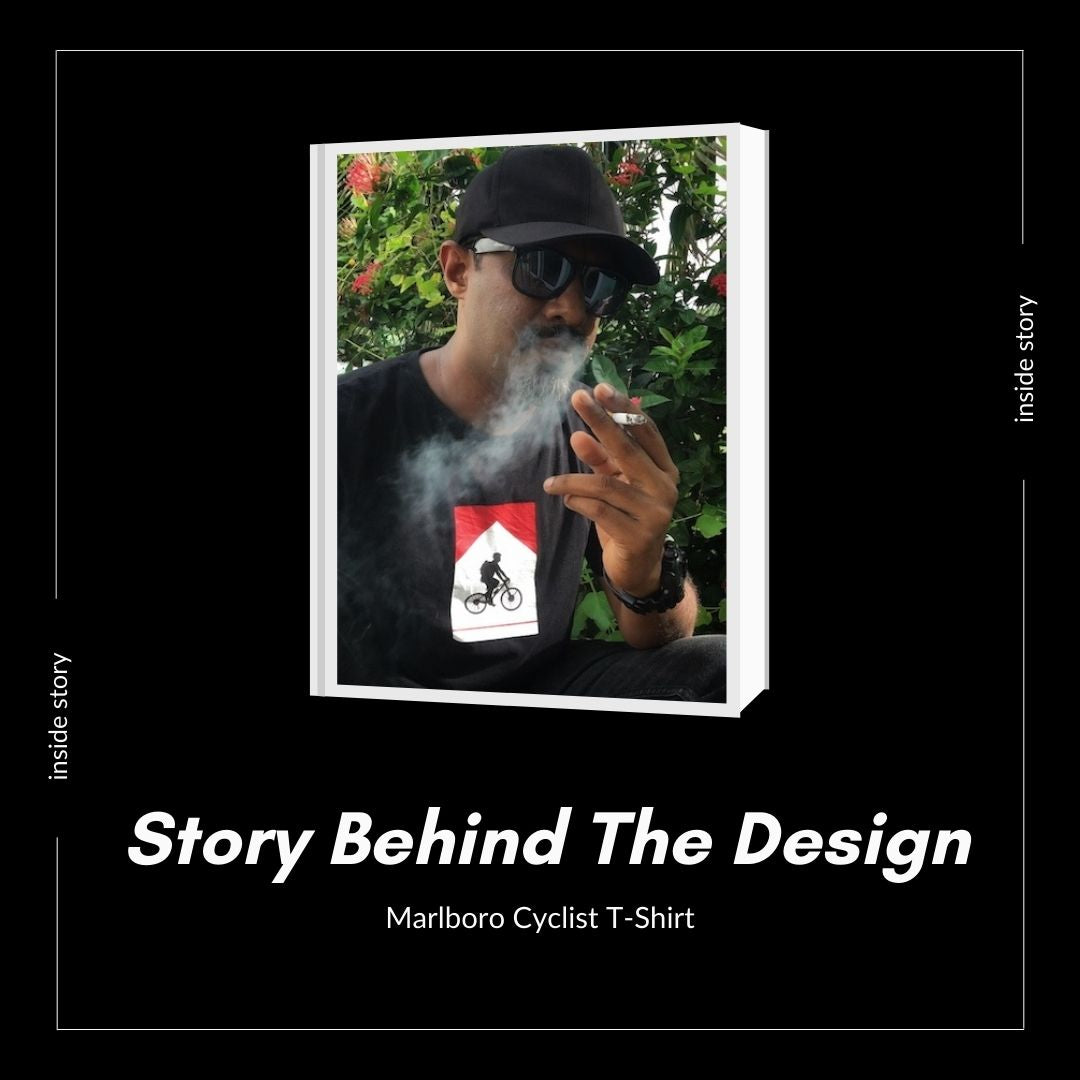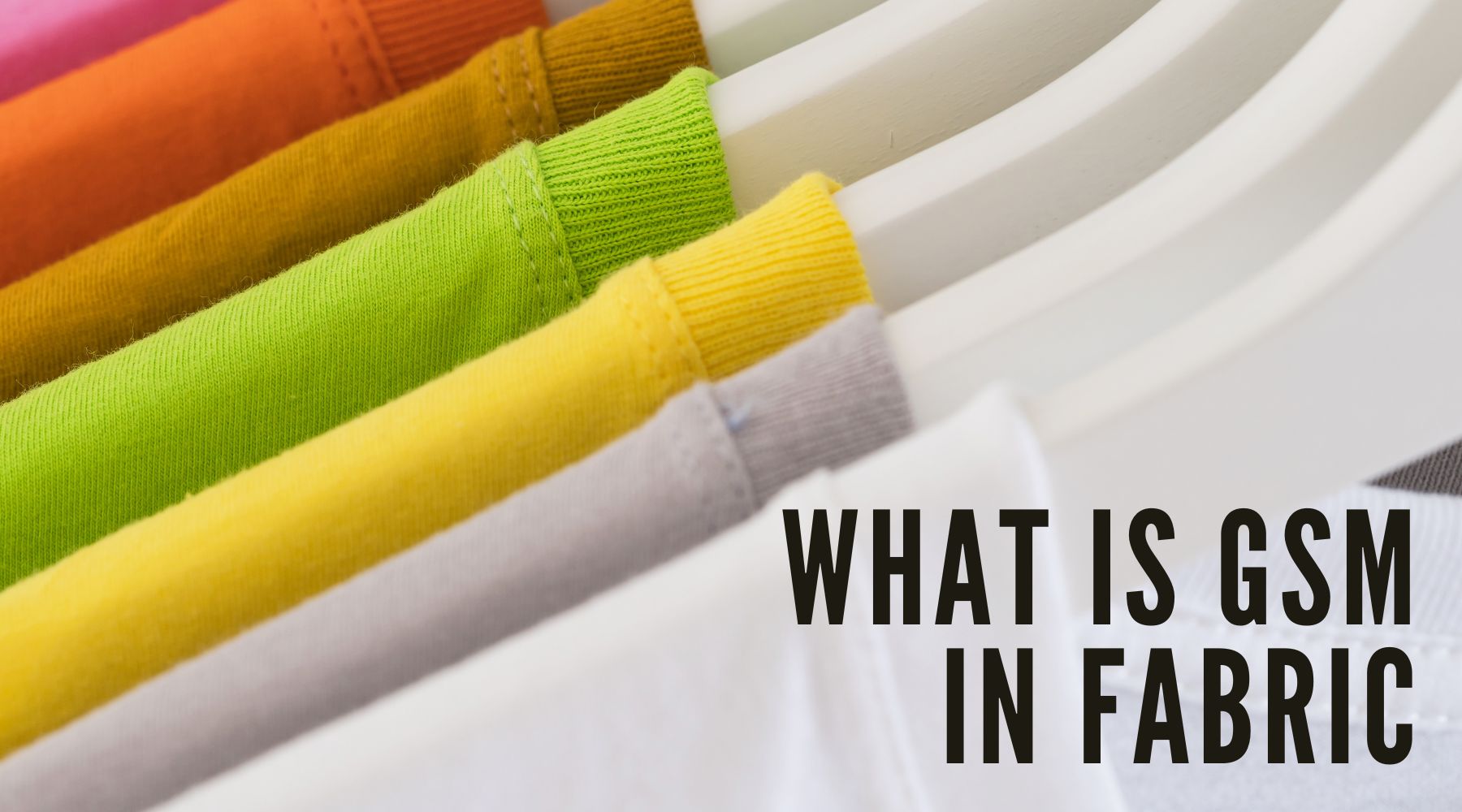
New Hobbies Bloom, Thanks to the Pandemic
Chris Cross advocates for better mental health. On every World Mental Health Day, Mina Dilip (Play Therapy Psychologist), helps us understand the correlation of hobbies and their positive impact on our mental health.

I have always been a strong advocate of hobbies because engaging in a creative pursuit has been proven to have therapeutic and healing effects. While there has been a great deal of discussion about digital addictions, dearth of social skills and interpersonal relationship difficulties that have surfaced during the lockdowns in this pandemic, I would like to bring your attention to a positive trend that is gaining momentum simultaneously. More and more people that I know, either through my work or personally, have discovered new hobbies, interesting leisure pursuits and innovative creative diversions.
As much as we focus on the negative effects of technology, it has also had a positive impact in the field of hobbies. From making one-minute videos to post online, to cooking exotic dishes to share on the internet, people have been using technology in truly creative ways to engage in their hobbies.
In addition, de-cluttering of homes, reorganizing living spaces and sprucing up residential interiors through up-cycling, art-from-waste and adopting minimalism have been some of the top creative pursuits people have admitted to engaging in during the pandemic. In my own home, we did a lot of de-cluttering, and we spent hours vacuuming and cleaning the house together as a family. We also spent endless hours playing indoor games like carom board and checkers. My son took to fitness, and working out has become his new hobby.
Among other popular new “pandemic hobbies” are gardening, baking, signing up for online courses, listening to podcasts, experimenting with different forms of meditation and learning new languages.
Aside from the obvious benefits of being fun and relaxing, hobbies also have a positive impact on our mental and physical health. Research has shown that engaging in any creative activity like music or dance leads to an increase in the number of endorphins (also known as the feel-good hormones) and neurotransmitters like dopamine and serotonin in the brain. These enhance mood, relieve stress and bring about an overall sense of well-being, besides slowing down our heart rate, regulating our blood pressure and easing off our breathing.
Another interesting fact is that mixing up the activities and enjoying a variety of hobbies multiplies their emotional, psychological and neurological benefits tremendously. Engaging in two or more hobbies can significantly lower the risk of impaired memory and cognitive problems as you age.
It is important to remember that hobbies are not about achievement. It is pointless to try and step into the shoes of Isaac Newton who made ground-breaking discoveries during the plague outbreak. Your hobbies are meant to be a form of expression and catharsis, for your own personal enjoyment and well-being. Embarking on hobbies with an intention to change the world is a recipe for disaster. It would only add to your stress and take the pleasure out of them.
Hobbies can also lead you to invigorating personal discoveries and enhance your self-awareness. If you are struggling with where to begin, a good place to start may be revisiting your childhood hobbies and interests. If you don’t feel inclined to revive those, you may want to look up the internet for new and innovative hobby ideas. Whichever one grabs your attention and sparks your curiosity might be the one for you. So, happy browsing, until you discover your favourite hobby!
By Mina Dilip.
Photo by Mathew Henry



Laisser un commentaire
Ce site est protégé par hCaptcha, et la Politique de confidentialité et les Conditions de service de hCaptcha s’appliquent.